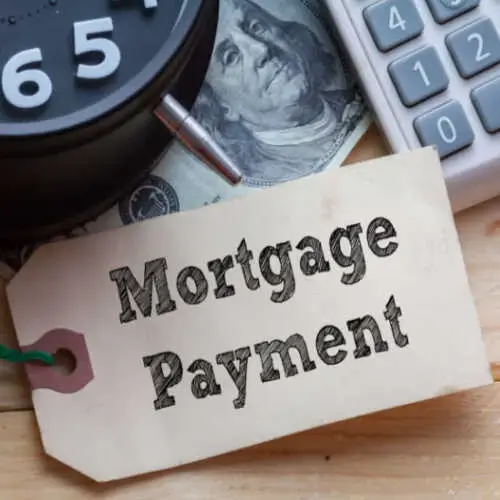

If you have recently bought a home, you may have heard your closing agent mention something about a prepayment penalty. This idea might have seemed strange. Why would there be a penalty for paying off your loan ahead of schedule? Here’s what you need to know:
What is a Prepayment Penalty?
This is a fee charged by some lenders when you pay off all or a significant chunk of your mortgage really early. At first glance it might seem unfair. The bank is lending you money and you agree to repay it; why does it matter if it happens on a timetable or all at once.
Why Do Lenders Charge Prepayment Penalties?
While you might think lenders want their money back as soon as possible, they actually don’t. They make the most money off the interest that you pay. They also invest money in creating your loan, paying staff to underwrite your mortgage. If you pay down your loan right away, the lender will not have made back enough in interest to recoup the mortgage origination costs. Some lenders insert a prepayment penalty to discourage you from refinancing or selling too quickly, so their investment will be worth their time.
Does My Loan Have a Prepayment Penalty?
If you’re unsure if your loan has a prepayment penalty clause, you can check with your mortgage lender or you can search through your purchase contract. Under newer federal regulation, there are some types of loans that are not allowed to include these payments, including government-backed FHA, VA, and USDA loans. If your loan isn't one of those, you’ll have to do some research to find out.
What Triggers a Prepayment Penalty?
The terms of a prepayment penalty will vary from lender to lender, but the good news is that unless you refinance or sell your house within the first three years, you probably won’t trigger a penalty. By law, prepayment penalties cannot last longer than three years from the beginning of the loan. Just making an extra payment or principal-only payment here and there is not cause for penalty. In fact, many lenders will allow you to repay up to 20% of the loan balance each year without a fee.
How Much Will I Pay?
If you do need to sell or refinance immediately, you can expect to pay up to 2% of the outstanding loan balance if it's within the first two years of the mortgage origination, and only up to 1% in the third year. Say you change jobs and have to move in the first year. If your remaining loan balance is $350,000, you could pay up to $7,000 in prepayment fees. If you sold and moved in the third year with a balance of $350,000, you’d only pay up to $3,500 in penalties.
While a prepayment penalty may seem unreasonable at first, once you learn the facts, you’ll see they actually help make loan origination more worthwhile to lenders, helping keep mortgage interest rates down. Not all loans include these fees and you can avoid a prepayment penalty by asking for alternatives.
These materials are not from HUD or FHA and were not approved by HUD or a government agency.
